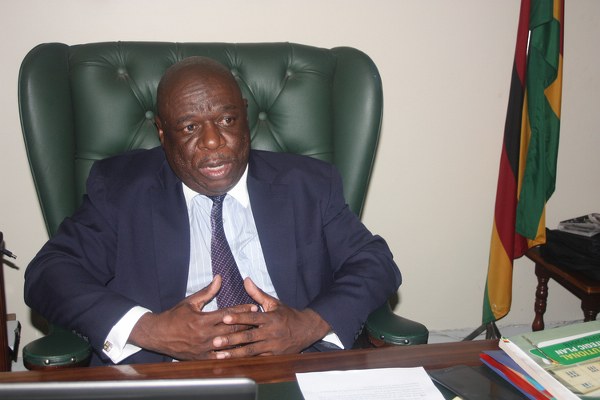Zimbabwean Politicians Must Disclose Their Assets
Last week, members of Zimbabwe’s National Assembly and Senate took their oaths of office, officially beginning the country’s 10th Parliament following elections in August. To kick off their new terms, all legislators will need to publicly account for their personal finances.
Clerk of Parliament Kennedy Chokuda reminded the politicians that per the Constitution, they have 60 days from being sworn in to register any financial interests with the Clerk’s office. This includes assets like land, buildings, vehicles, investments, and jewelry worth more than US$25,000 located in Zimbabwe or abroad.
Failure to submit this statement of assets by the November 7th deadline would constitute contempt of Parliament. The disclosure process seeks to bring transparency around how elected officials and government leaders acquire wealth over time in office. It aims to maintain trust that positions of power are not abused for illicit self-enrichment.
Back in 2016, Parliament provided additional clarity on what must be reported, like specifying the asset value threshold. With speculation around unexplained accumulation of riches, the public listings intend to demonstrate that representatives are being open about their financial dealings.
After taking the oath, Zimbabwe’s new crop of MPs and Senators now have under two months to privately account for their holdings and interests to the parliamentary authorities. It’s all part of ensuring integrity as the country’s 10th session of legislating gets underway.












